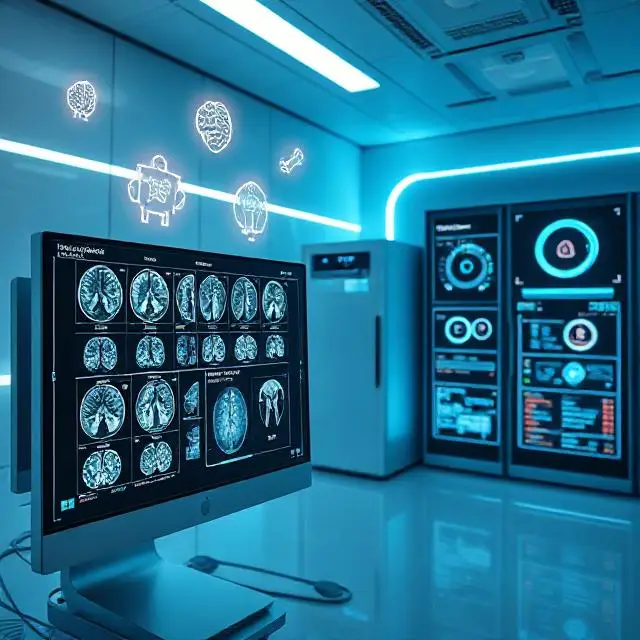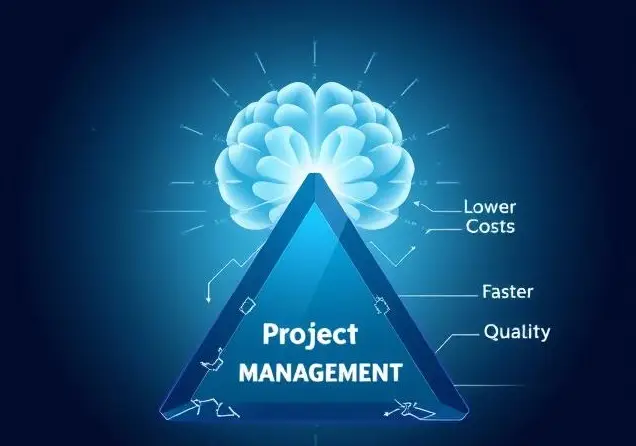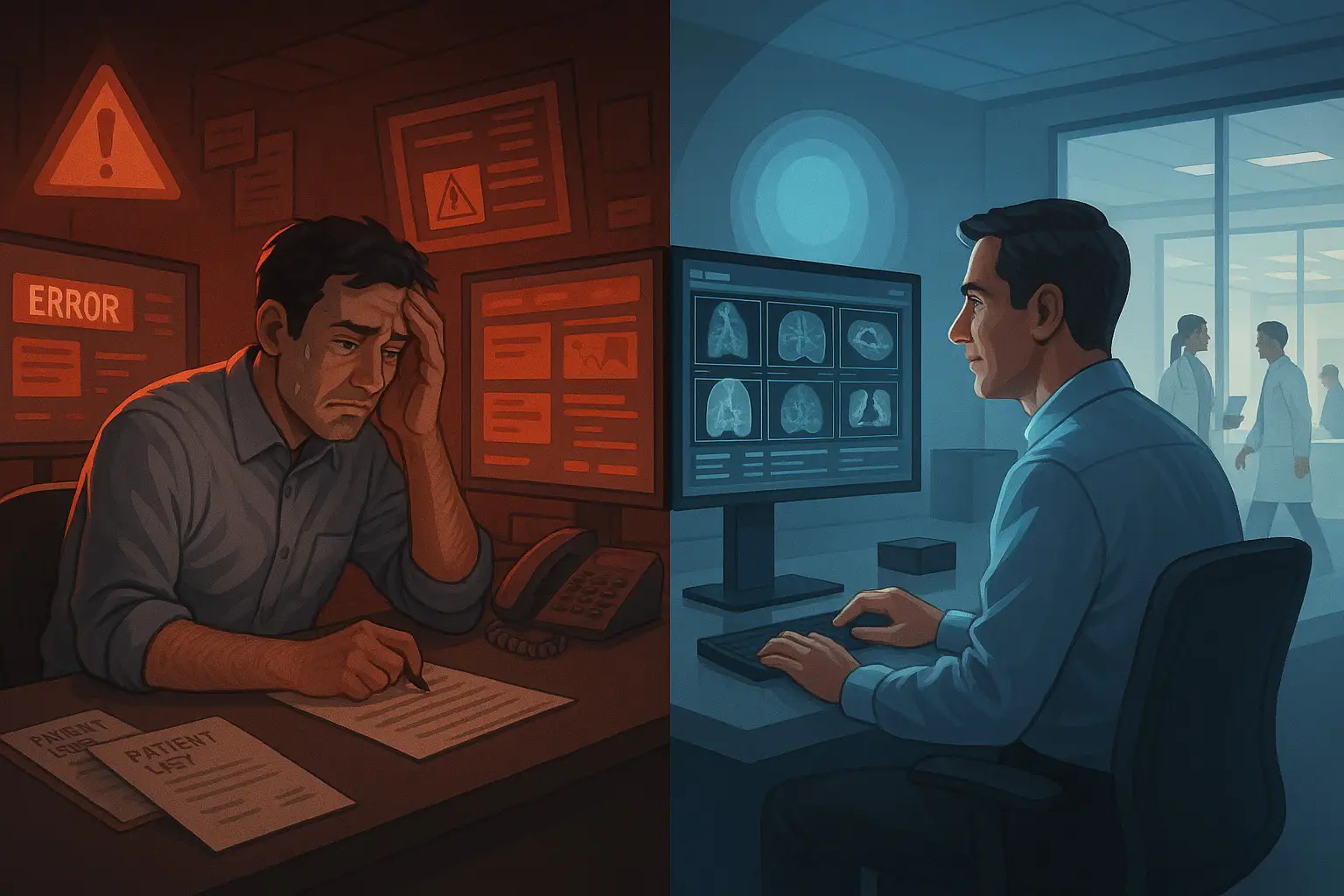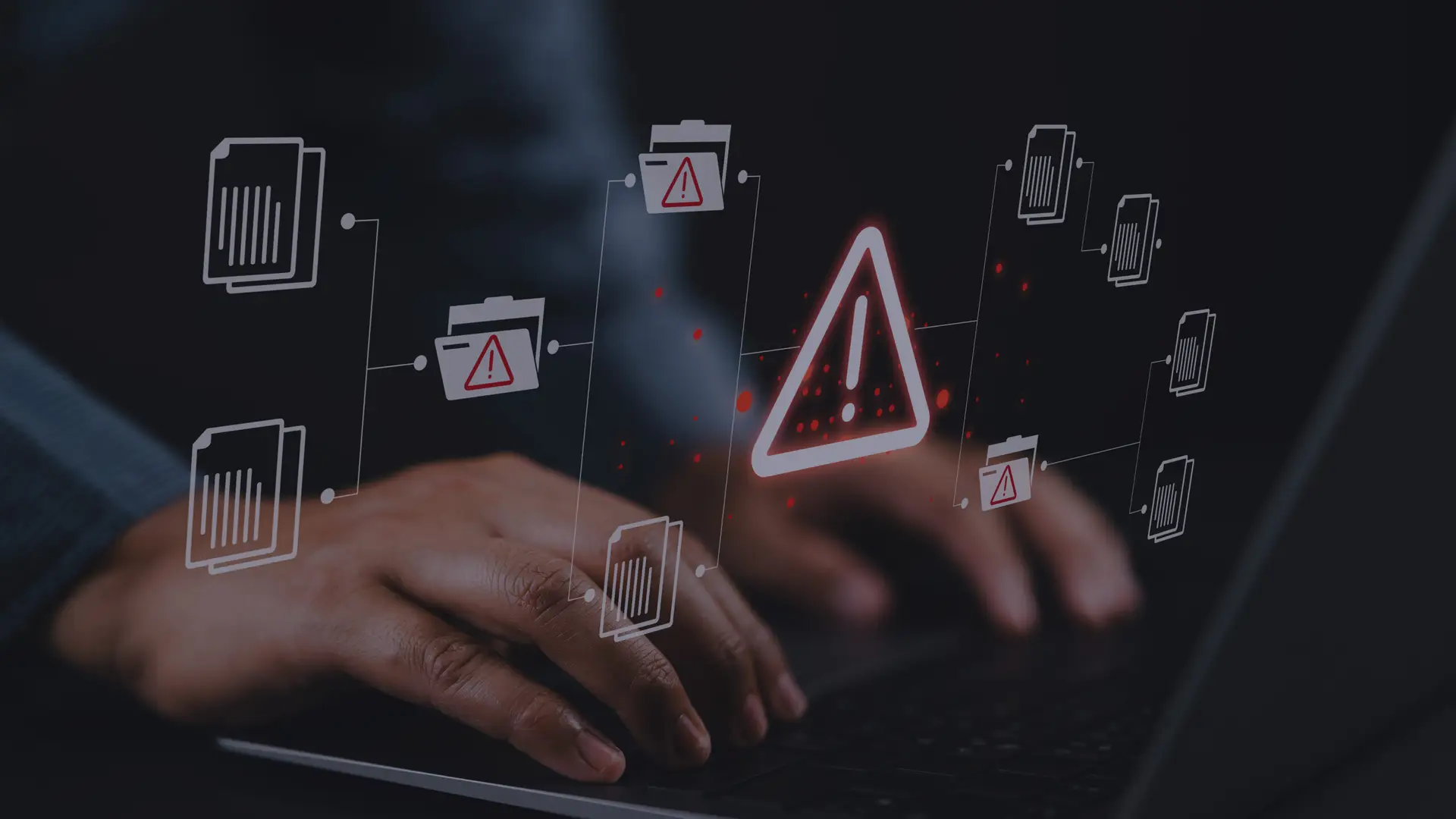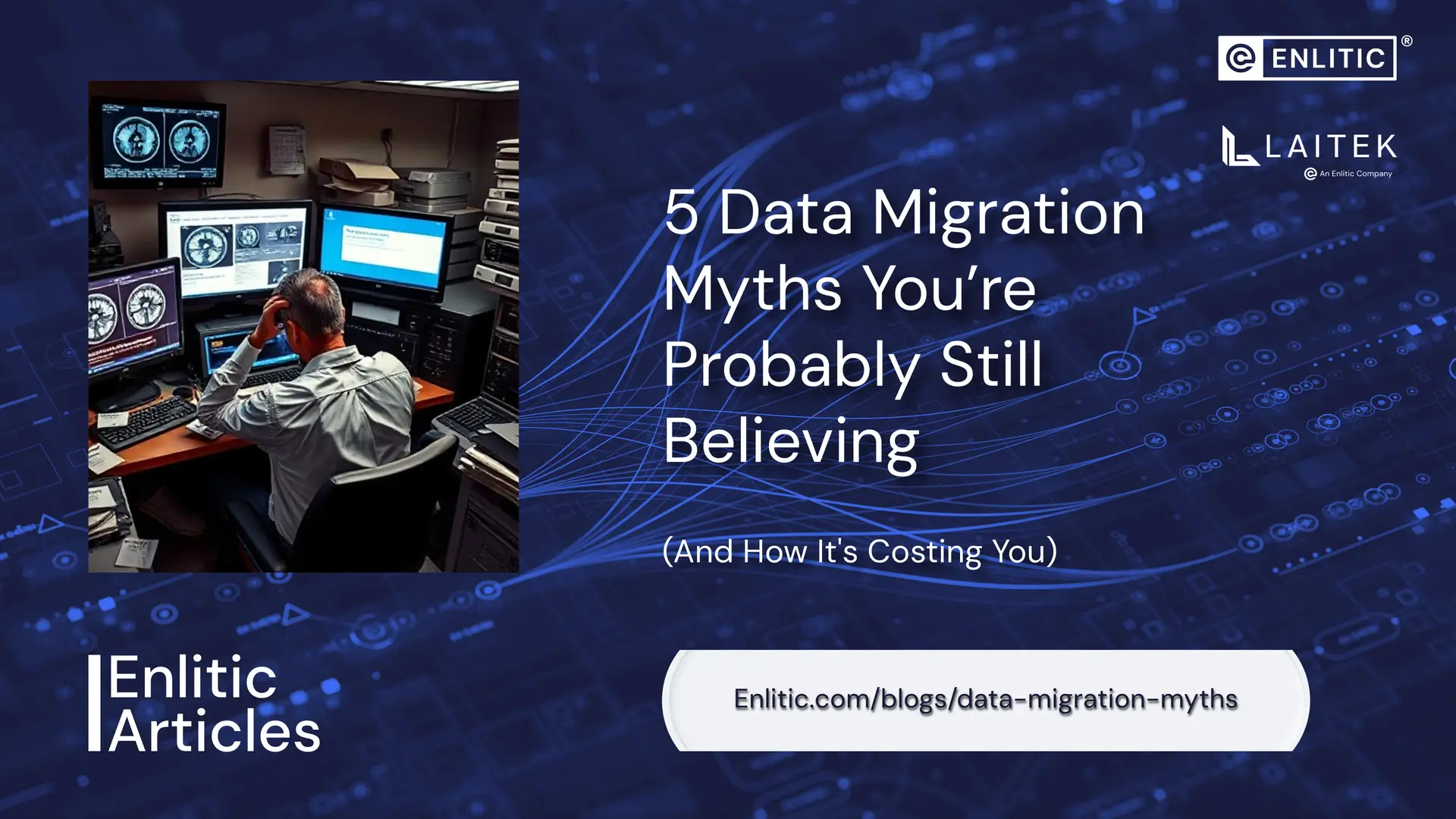Artificial intelligence originally aspired to replace doctors. Researchers imagined robots that could ask you questions, run the answers through an algorithm that would learn with experience and tell whether you had the flu or a cold. However, those promises largely failed, as artificial intelligent algorithms were too rudimentary to perform those functions.
Particularly tricky was the variability between people, which caused basic machine learning algorithms to miss the patterns. Eventually though, a subset of AI called deep learning became sensitive enough to recognize speech from voice data. Although deep learning algorithms required loads of training data, they could eventually learn to recognize words regardless of accents and other differences in speech patterns.



